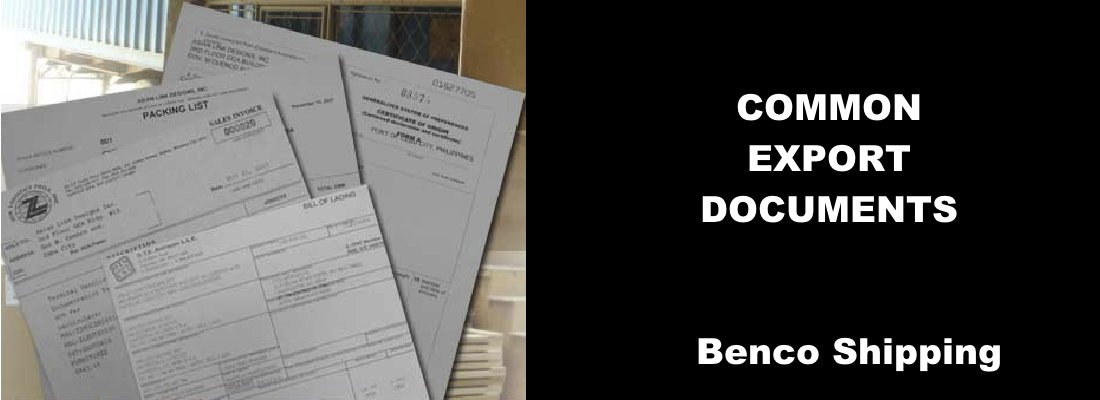
Commercial Invoice
A commercial invoice is a bill for the goods from the seller to the buyer. These invoices are often used by governments to determine the true value of goods when assessing customs duties. Governments that use the commercial invoice to control imports will often specify its form, content, number of copies, language to be used, and other characteristics.
Export Packing List
Considerably more detailed and informative than a standard domestic packing list, an export packing list lists seller, buyer, shipper, invoice number, date of shipment, mode of transport, carrier, and itemizes quantity, description, the type of package, such as a box, crate, drum, or carton, the quantity of packages, total net and gross weight (in kilograms), package marks, and dimensions, if appropriate. Both commercial stationers and freight forwarders carry packing list forms. A packing list may serve as conforming document. It is not a substitute for a commercial invoice. In addition, U.S. and foreign customs officials may use the export packing list to check the cargo.
Pro Forma Invoice
A pro forma invoice is an invoice prepared by the exporter before shipping the goods, informing the buyer of the goods to be sent, their value, and other key specifications. It also can be used as an offering of sale or price quotation.
Bill of Lading
There are several types of bills of lading depending upon mode of transportation used to deliver the merchandise, the most common of which is ocean bill of lading.

